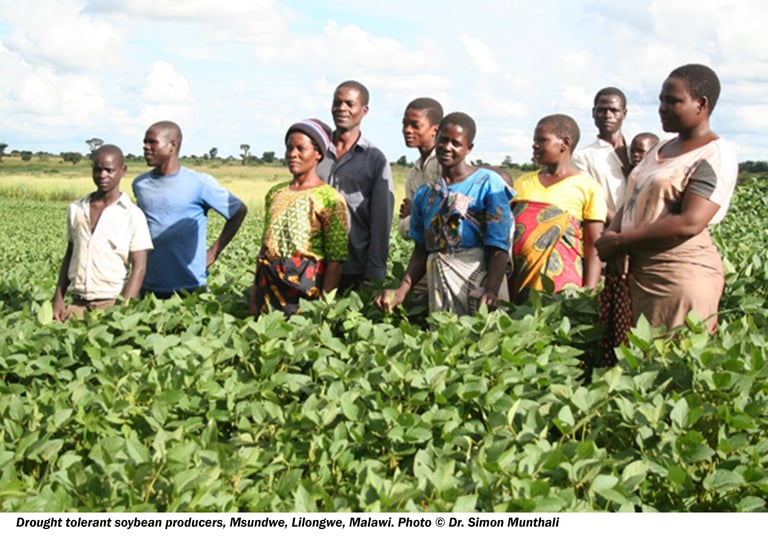
Agriculture
Transitioning Tobacco Smallholder Farmers to Alternative Livelihoods in Malawi


With funding from the Foundation for Smoke-Free World, SAFFACC in 2019, identified economically viable alternative value chains to tobacco, which could improve smallholder farmers’ household income, nutrition, and overall well-being. The underlying assumptions of the study were that: (i) preservation of the agricultural-based livelihoods is a goal that smallholder farmers still value and want to improve upon in Malawi; (ii) economically sustainable alternative value chains, that could complement, or replace tobacco exist in the country; and (iii) smallholder tobacco farmers are willing to switch away from tobacco farming, if justified on the basis of objective cost-benefit-ratio analyses.
The study recommended three value chain clusters for scaling-up:
Horticulture - in the surrounding areas of the Malawi’s major cities (Blantyre, Lilongwe and Mzuzu) to take advantage of the diverse market outlets, and presence of value addition companies, or cooperatives.
Oilseeds (Groundnuts, Soybean and Sunflower) - in Kasungu and Lilongwe, which are among the most prominent tobacco growing districts in Malawi. The criteria for selecting the oilseed value chains should include: (i) drought tolerance; (ii) early maturing; (iii) high nutritional value; (iv) high oil content (most preferred for value addition); and (v) high yield.
Dairy farming, especially where there is potential for milk production, with respect to availability of land and high-quality fodder for the dairy animals, and adoption of hydroponic folder production systems.


